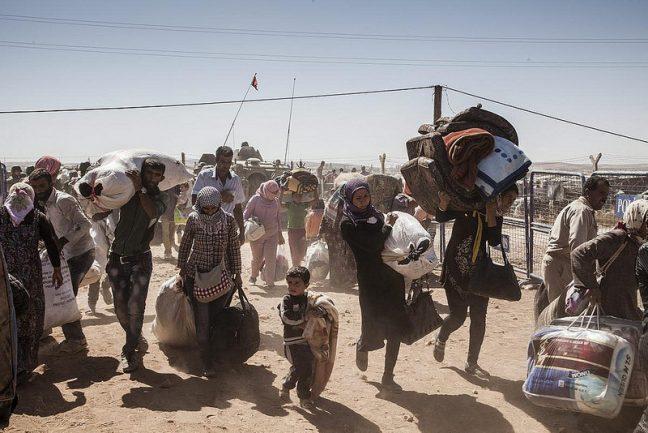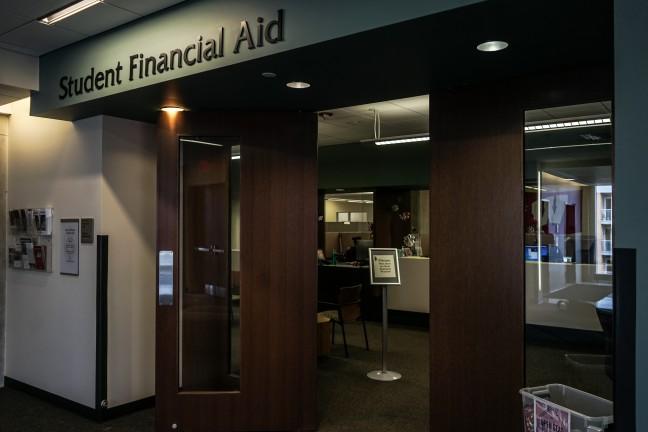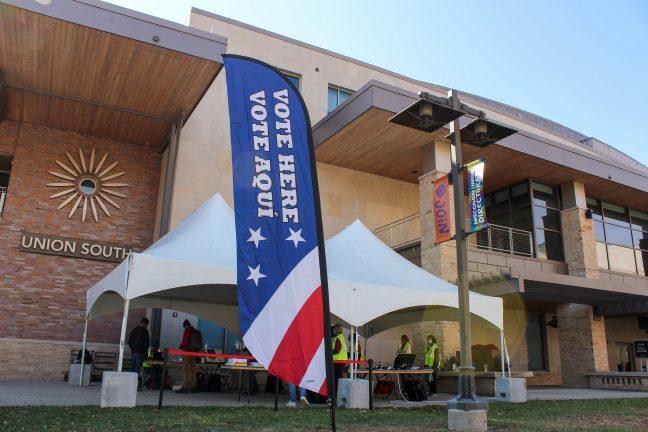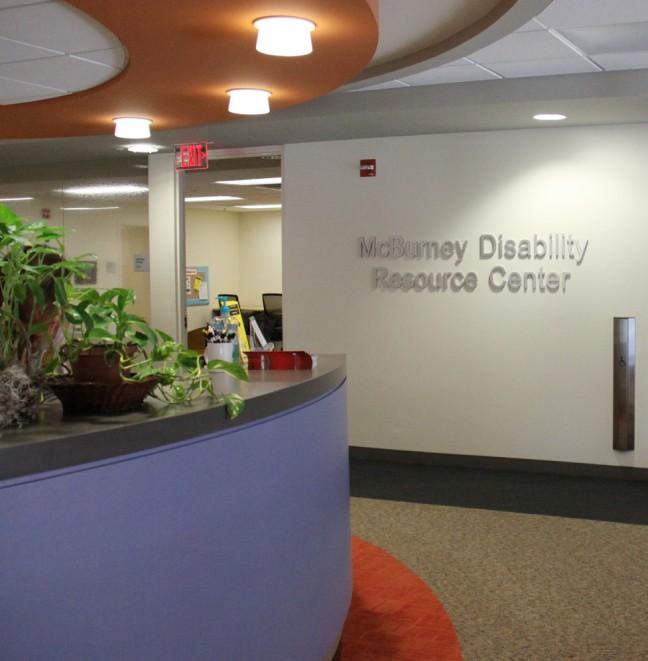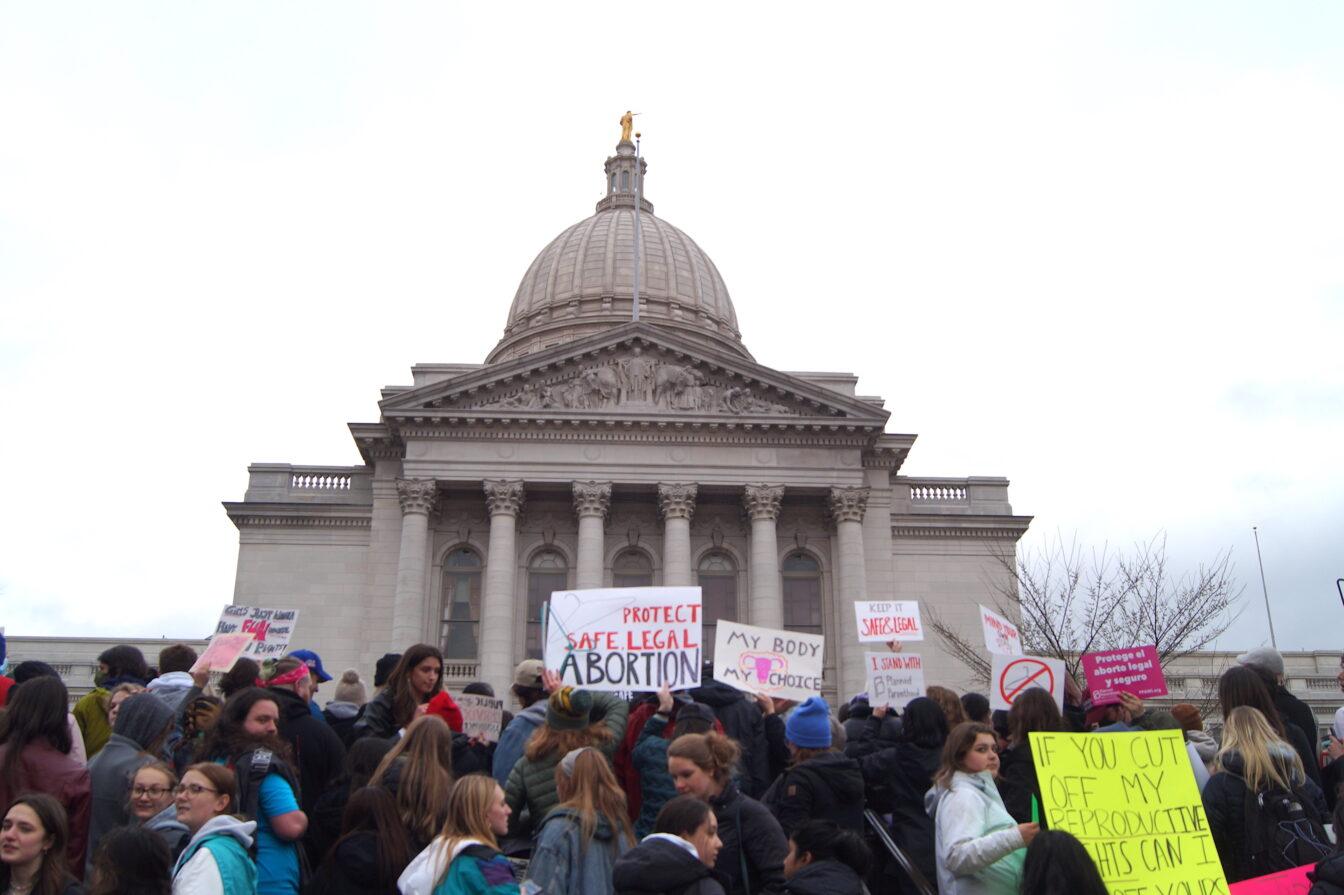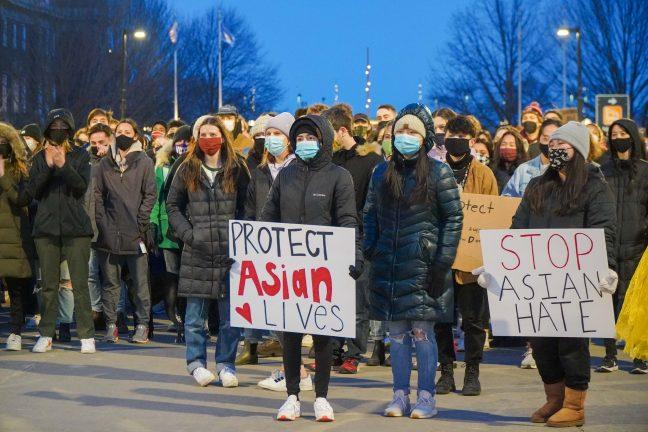As the new trailer for The White Helmets began flooding my newsfeed on Facebook, one thing repeatedly came to mind: the Hunger Games.
For those who don’t know, The White Helmets is a Netflix documentary following a team of volunteers who rescue Syrian citizens from beneath heaps of rubble in the wake of airstrikes that continue to plague Aleppo. Watch the trailer and you will see it’s nearly impossible to distinguish between the real situation in Syria and a Warner Bros action film. The horror is quite literally that of a movie.
An image comes to mind, one of families and friends gathered with loved ones under warm blankets with their buttered popcorn to watch a heart-breaking, unfortunate tale of tragedy happening in a land far, far away. After turning off the television everyone goes to sleep in their warm beds, and move on with their lives, perhaps remembering one particularly dramatic scene during a random conversation in the future.
The goal of the documentary is clear — humanize this war. For those who fail to recognize or acknowledge that this war is ruining the lives of fellow humans, this is a chance to see.
For those who are aware, but often forget, that people’s homes are being destroyed while they cook dinner or finish their math worksheets, this is a cruel reminder.
For those of us who have already seen the countless images of children lying motionless and cold, this is a film that should urge us to take action. And as I watched, I found my optimism that this would finally be the moment that media would do this conflict justice, faded.
Sadness turned to frustration quickly, frustration I recognize from so many months of listening silently to the narrative that has dominated the conversation around Syria.
For the last five years, while awareness of the existence of the Syrian conflict has increased, our knowledge has not. The core causes, key players and facts are secondary to exciting, dramatic photos or selfish conversation revolving solely around the influence on the U.S. We are content knowing enough to be sad, but not willing to learn more — addicted to tragedy porn, but ignorant when it comes to solution.
UW Journalism alum warns against allure of reporting ‘disaster porn’
Even in a documentary that should have been equally touching and educational, aside from brief commentary about how the regime who claims to target ISIS is actually targeting civilians, did little to inform or spark action.
No civil war has engaged the global community the way this one has, yet most of us are content mindlessly consuming the tiny tablespoons of information floating around Facebook that require slim to no effort to understand and consume. We share photos of bloodied children, but shy away from the dialogue about accepting refugees, claiming we “just don’t know enough to make an informed decision.” But when opportunities to inform ourselves rise, suddenly, we disappear.
In this era of technology, while social media can be a powerful news source and tool for spreading information, it can also be a convenient disguise for underlying ignorance. We can fool each other and fool ourselves, into thinking that just because we “like” our friend’s status about social justice and occasionally share a long-winded, heartfelt post from a celebrity, we are doing our part in the global fight for justice.
But weepy news anchors and emotional tweets for Omran Daqneesh, the 5-year-old “boy in the ambulance” who gained international notoriety late this summer as the situation in Aleppo cracked once again, do nothing for Omran, nor his community. A pitiful documentary that does not urge and enable viewers to do something is nothing more than profiting off of human pain.
America is land of opportunities, as long as you aren’t a Syrian refugee
The plight of the Syrians is not fiction. It is not a fairytale, and as things stand, no Syrian will live happily ever after. It is not Oscar-worthy. It is a stain on our morality that we continue to cry, share, like, favorite and retweet, before locking our phones to go to our next class.
Everyone should watch this documentary, because there is no excuse to be blind to the torment that rages through the lives of the Syrian people. But if your intention is just to enjoy the action and emotion of a sad movie, and you don’t have a few tabs open linking to sites for donation or petitions for your legislature on refugee laws, it is a disservice to this community.
The Students for Justice in Palestine, a registered student organization at the University of Wisconsin, is dedicated to educating students and community members of the abuses currently occurring in Palestine, as well as the injustices of the past.
Maybe equating human lives with candy is not the best way to analyze political crises
As activists who seek justice, human rights, liberation and self-determination, we recognize that in the fight for a better world, we must extend beyond the boundaries of the nation of Palestine and stand for any and all people who face injustices in their communities. We know that an injustice anywhere is a threat to justice everywhere. Just as we preach that without the liberation of our Syrian brothers and sisters, Palestinians cannot see justice, students at UW, irrespective of political alignment, should commit themselves to assisting in the termination of this conflict in whatever way they can.
According to Dr. Christine Latif of World Vision, “The children of Syria have experienced more hardship, devastation, and violence than any child should have to in a thousand lifetimes.”
There are hundreds of service agencies collecting donations – here’s one. If you don’t have the money, contact your local state officials and let them know this is an issue you care about. Educate others. At the very least, educate yourself. Complicity is the only action too small.
Amal Ayesh ([email protected]) is a senior majoring in biology. Tasneem Hamdan ([email protected]) is a senior majoring in elementary education.


